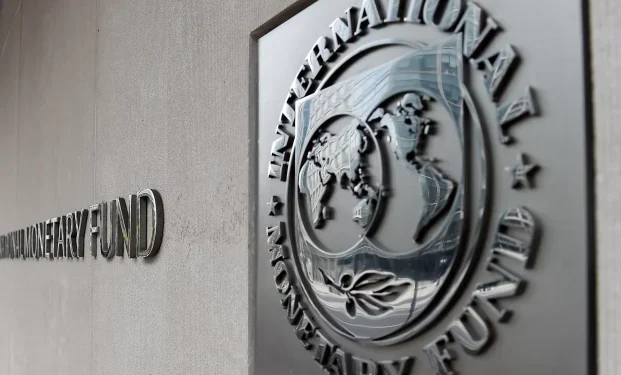IMF Backs Plan to Scrap COVID-19 Levy Ahead of Mid-Year Budget Review
The International Monetary Fund (IMF) has given its backing to the Ghanaian government’s decision to abolish the COVID-19 Health Recovery Levy, a move expected to be formally announced during the 2025 Mid-Year Budget Review on Thursday, July 24, by Finance Minister Dr Cassiel Ato Forson.
The endorsement follows a series of high-level engagements between government officials, the IMF, and key stakeholders, as part of broader tax reform consultations aimed at reducing the burden on businesses while enhancing domestic revenue mobilization.
Commissioner of the Domestic Tax Revenue Division at the Ghana Revenue Authority (GRA), Edward Apenteng Gyamera, disclosed in an interview with Joy Business that stakeholder consensus had been reached on the removal of the levy, along with other tax adjustments considered inimical to business growth.
“I think from the engagements with stakeholders and the IMF, issues that the Minister even indicated in the budget, for instance, the removal of the COVID levy, is something that has been agreed. So far, our interactions show that everybody is of the view that this levy should be taken off when the reform is completed,” Mr Gyamera noted.
The COVID-19 levy, introduced under the COVID-19 Health Recovery Levy Act, 2021, was designed as a special fiscal tool to support expenditures related to the pandemic and facilitate economic recovery. It imposed a flat 1% levy on the supply of goods and services, as well as imports.
In addition to scrapping the levy, ongoing reforms include proposals to eliminate the cascading effect of certain levies by integrating them into the Value Added Tax (VAT) framework — a measure that would enable businesses to claim input deductions and reduce the effective tax burden.
The Commissioner emphasized that many of the proposals under review have been met with broad support from the business community, which sees the reforms as timely interventions to ease tax compliance pressures and improve the investment climate.
“Treating the levies as part of the VAT mechanism where businesses can claim input and deductions has been generally accepted by all,” he said.
The reforms, once finalized, are expected to be key pillars of the government’s medium-term revenue strategy under the IMF-supported Post-COVID Programme for Economic Growth (PC-PEG).








